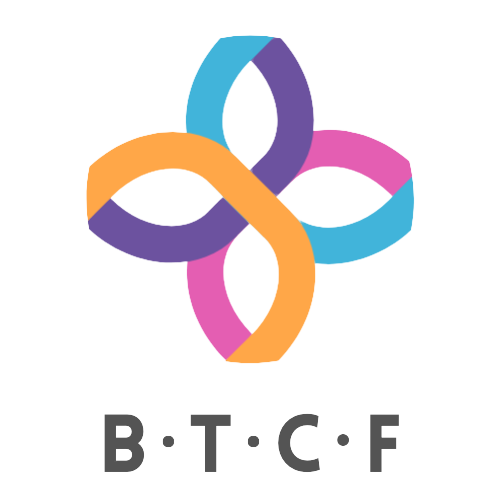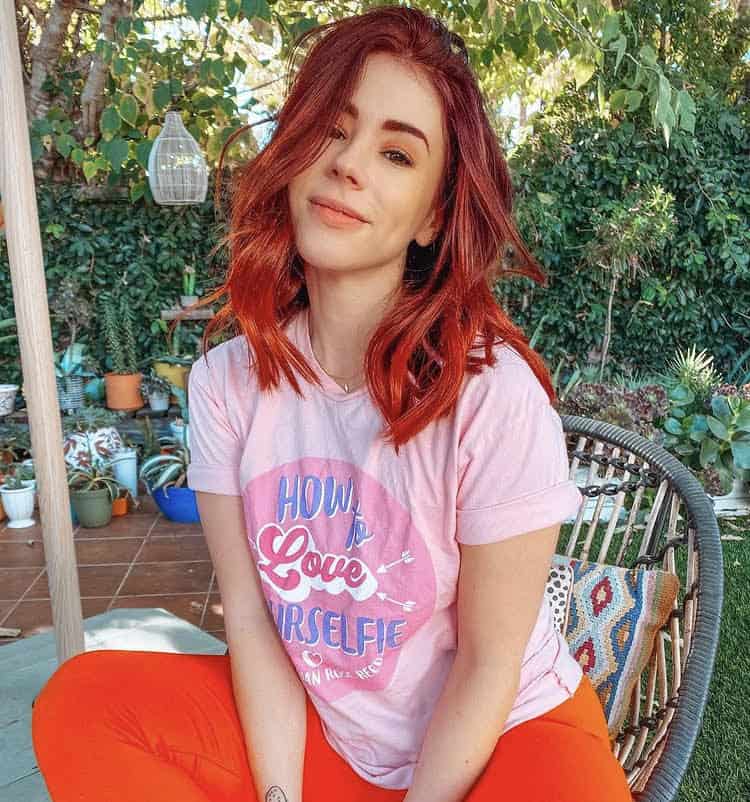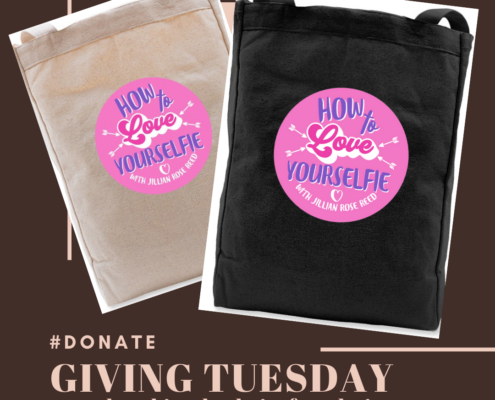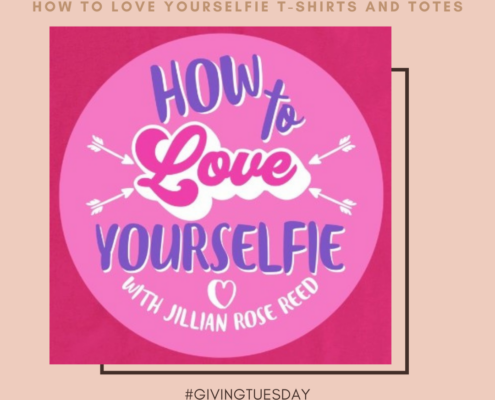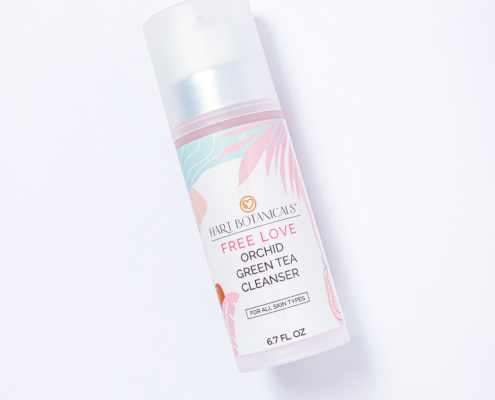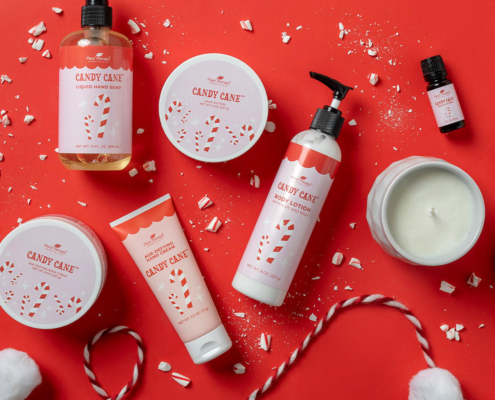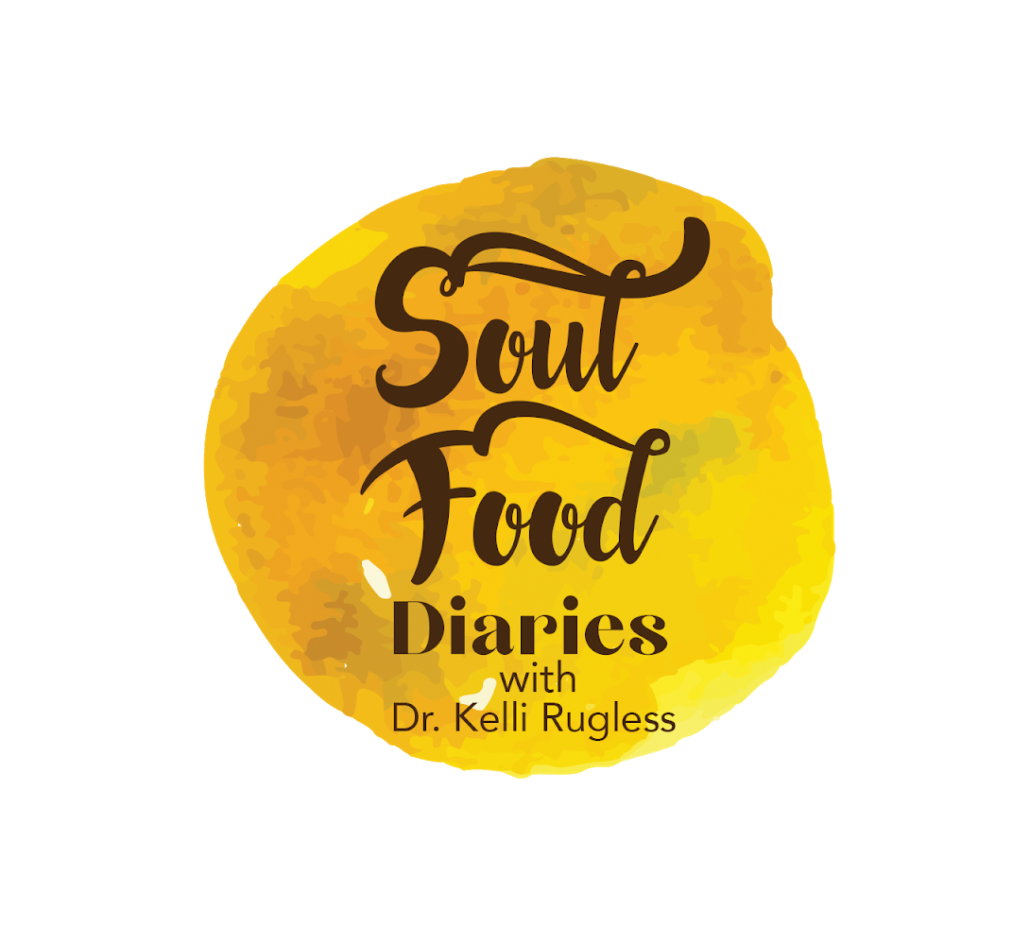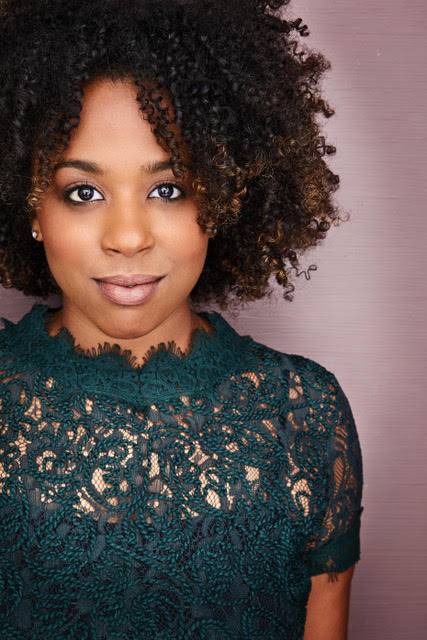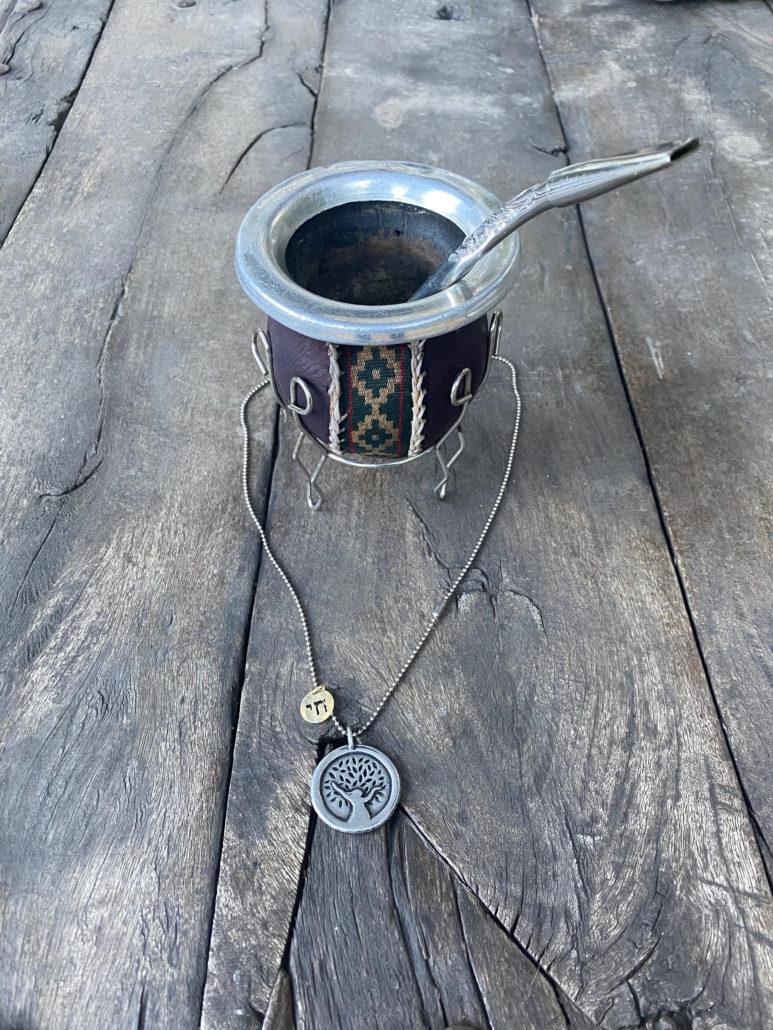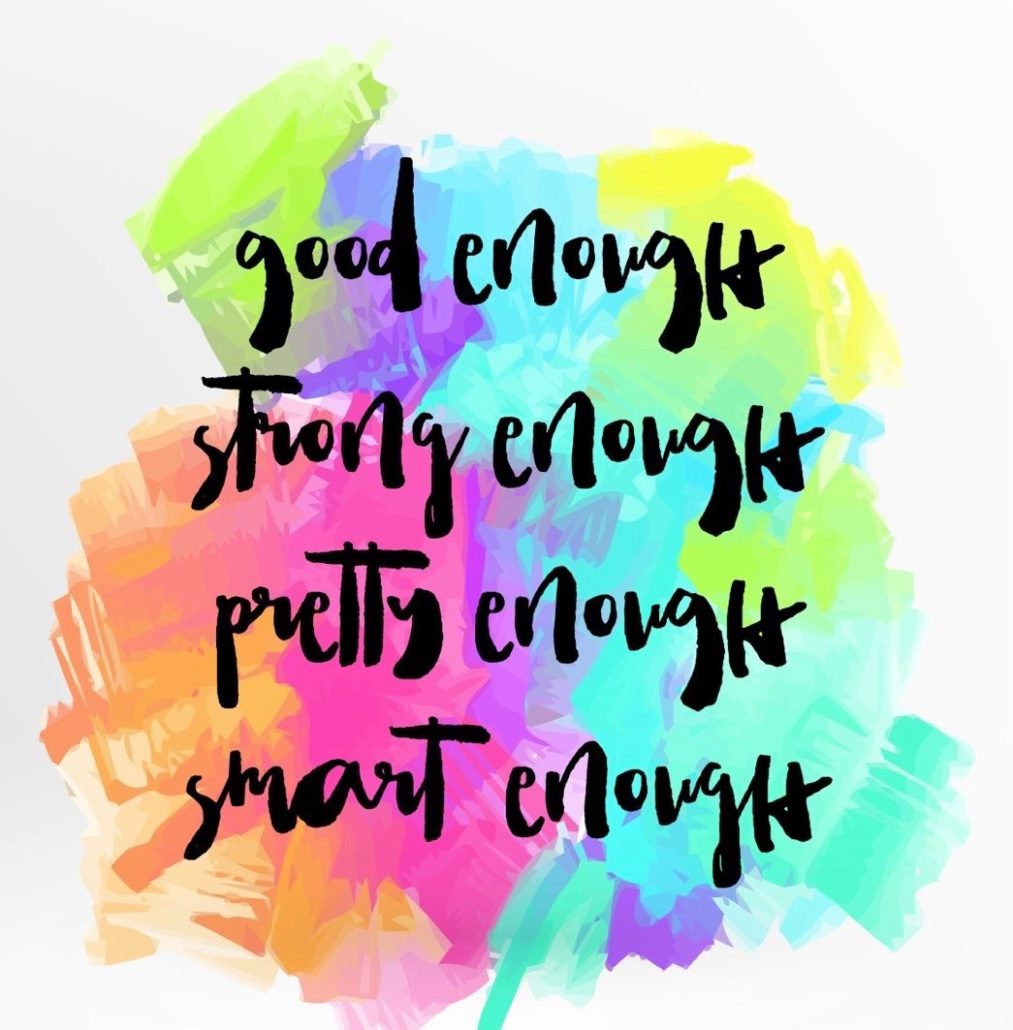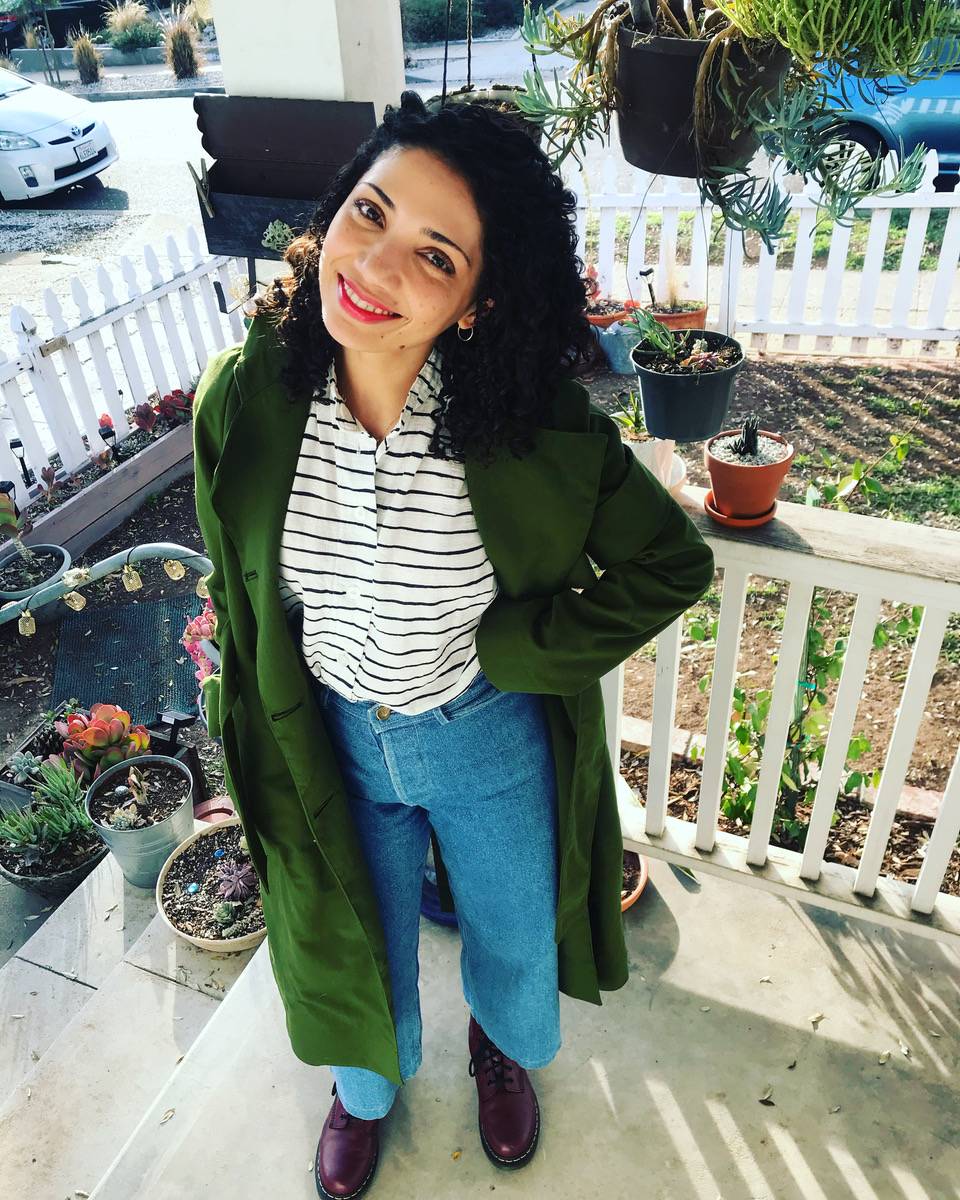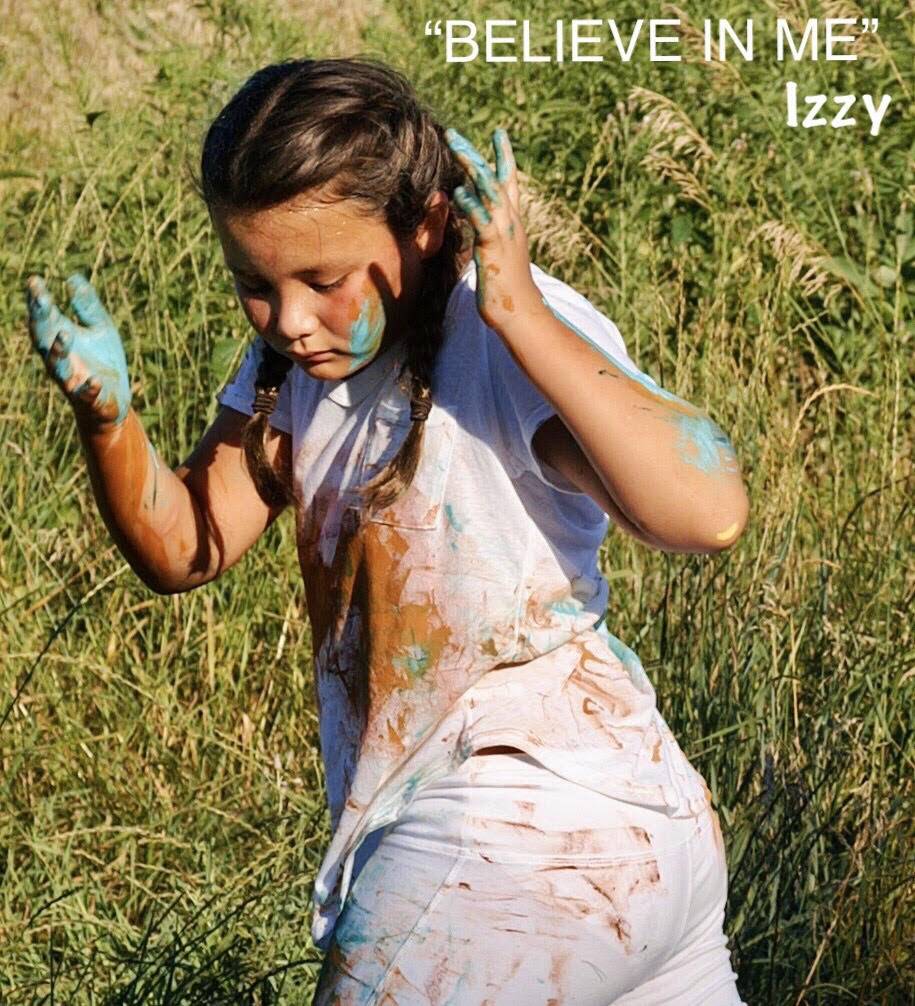PAST CAMPAIGNS
HOW TO LOVE YOURSELFIE CAMPAIGN
Loving yourselfie never goes out of style!
Dec. 2nd – Dec. 16th
Jillian Rose Reed, BTCF Celebrity Spokesperson and Board Member
I couldn’t think of a better way to celebrate our new How To Love Yourselfie T-shirts and Totes then you guys know about this awesome giveaway @breakingthechainsfdn is doing in collaboration with @planttherapy and @hartbotanicals!
If you purchase a Love Yourself t-shirt or tote bag, OR you simply just want to donate to Breaking The Chains Foundation, you’ll be entered to win a fun tote full of goodies from our partners that values over $150!
HOW TO LOVE YOURSELFIE is our first online evidence based interactive video and workbook with the goal to inspire and educate young people to use social media for all its positive effects and help live their lives to the fullest both on and offline. Purchases and donations like yours will help us bring this program into schools, organizations, and treatment centers nationwide.
TO ENTER:
Make sure you’re following these IG accounts:
@jillianrosereed
@breakingthechainsfdn
@planttherapy
@hartbotanicals
Purchase a tee/tote/or donate and then come back here and let us know! We’ll be tracking purchases and donations so no sneaky business! US only, winners will be announced by Wednesday 12/16!
T- shirt Link: https://www.bonfire.com/how-to-love-yourselfie/
Totes Link: https://www.bonfire.com/how-to-love-yourselfie-totes-1/
Soul Food Diaries
February 17 – March 9th, 2020
Soul Food Diaries with Dr. Kelli Rugless, PsyD
What: Soul Food Diaries is an online campaign of unique personal stories from people of color who have dealt with eating disorders, disordered eating, and negative body image.
Goal: To raise awareness that eating issues and negative body image impact everyone and to end the shame and stigma associated with seeking mental health treatment in many communities of color.
Audience: Everyone!
“In my own experience in working with people of color I often hear that they feel left out. Left out of the narrative, left out of the treatment, and ultimately left out of recovery. We want to change this by raising awareness that these kinds of struggles impact everyone and hopefully give others the courage to share their stories and inspire those suffering silently to get help. If you or someone you love is a person of color and has a story that you would like to share as a part of this campaign, please feel free to contact us on instagram @breakingthechainsfdn or by email at iambreakingthechains@gmail.com. We can’t wait to hear from you and we can’t wait to share these important stories!” Dr. Kelli Rugless
Click on photos below to read each person’s “Soul Food Diaries” unique story.
INSTAGRAM INSPIRATION

